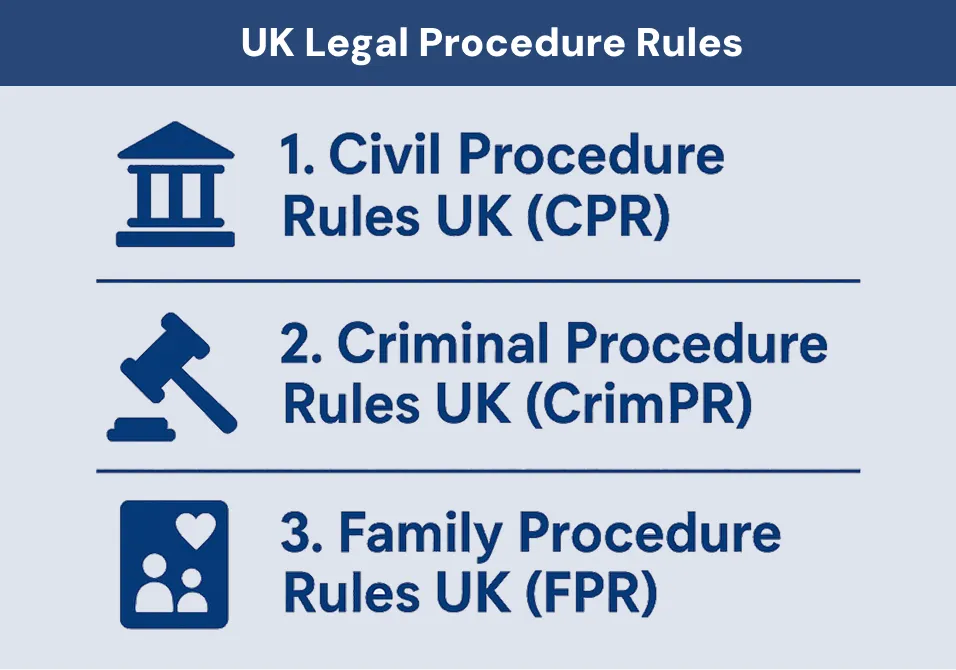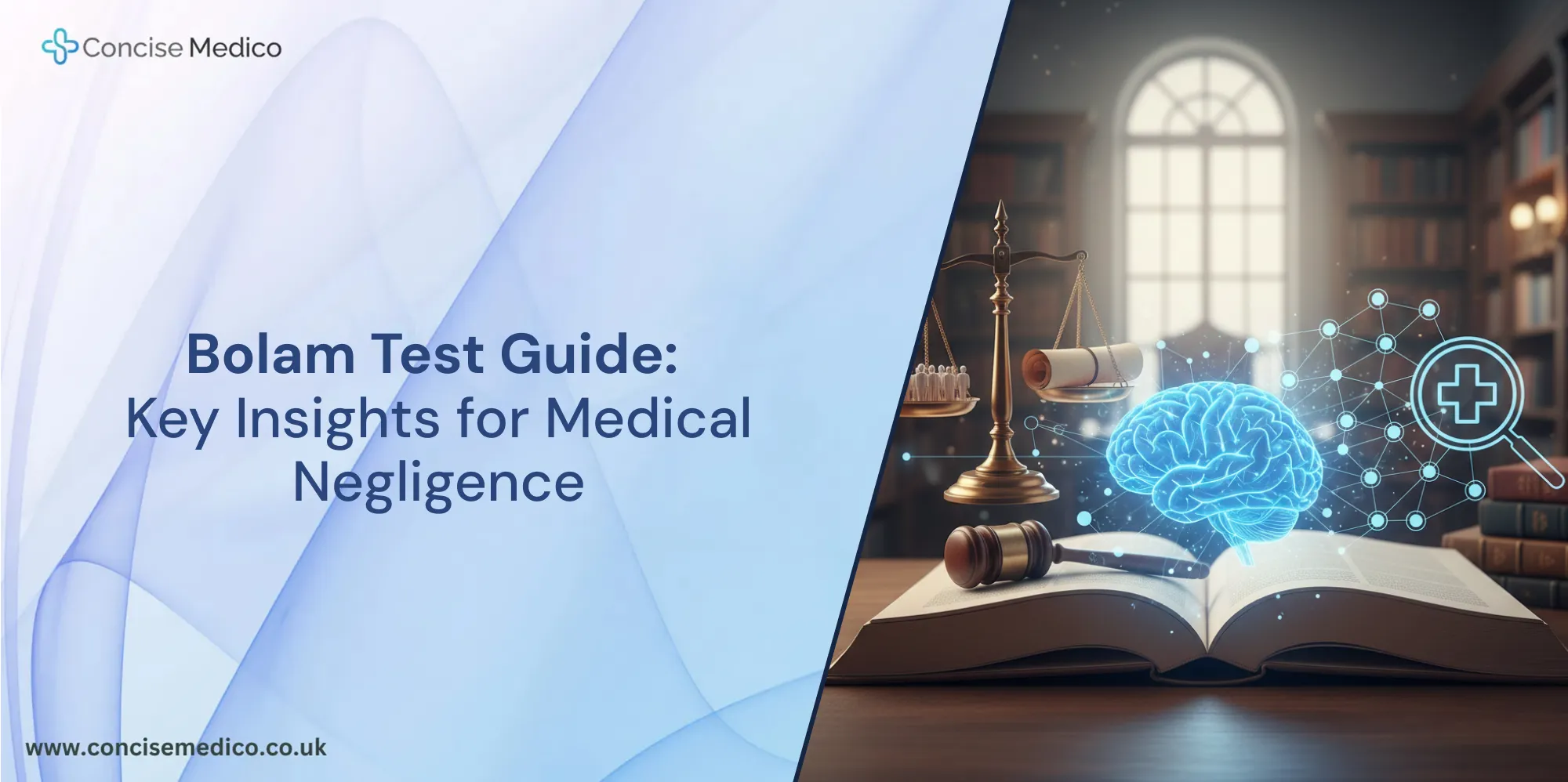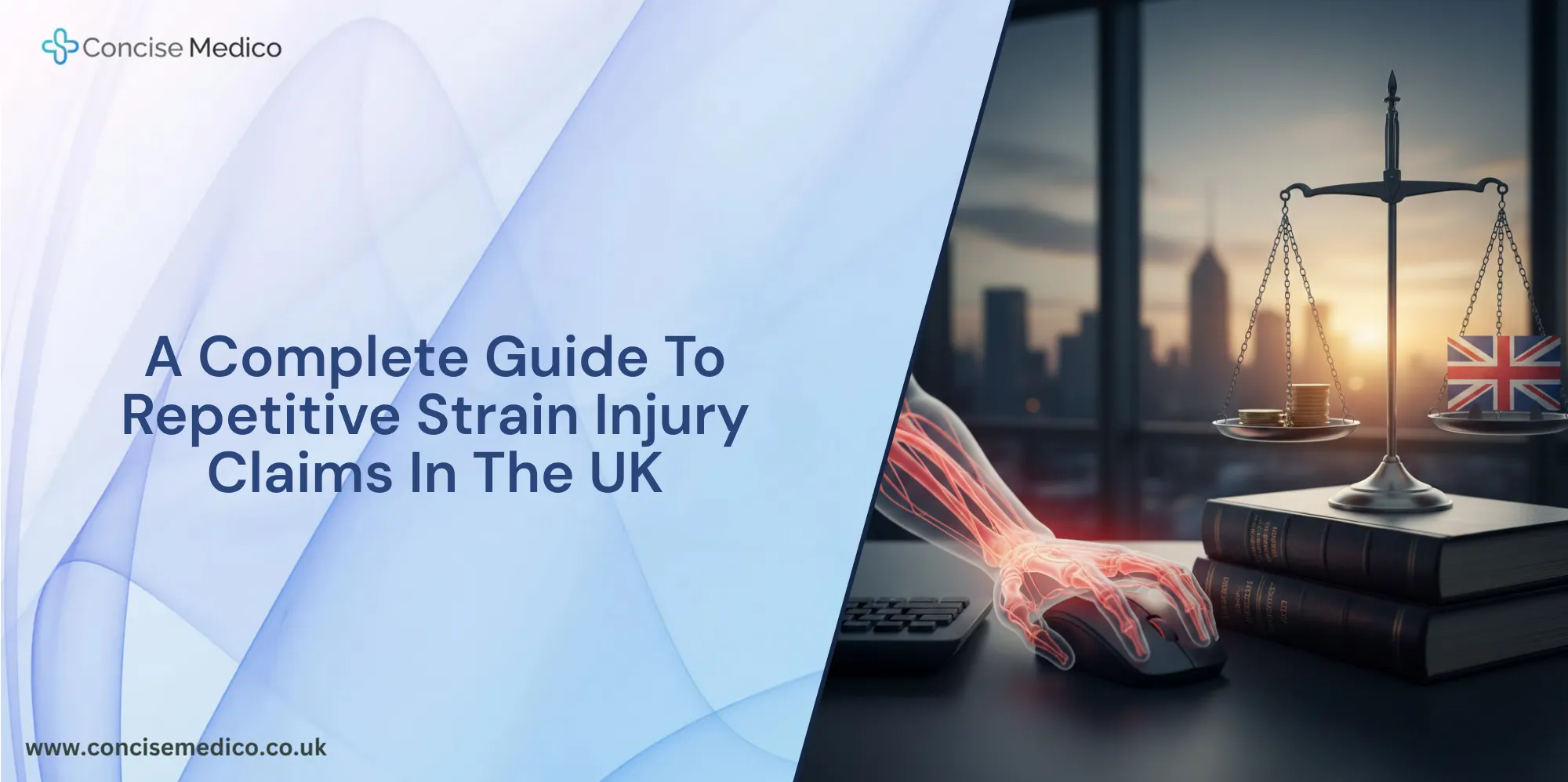Navigating through the legal landscape can be complex and a tough task. The UK Legal Procedure Rules for Civil, Criminal, and Family Cases has three key sets of rules:
- Civil Procedure Rules UK (CPR)
- Criminal Procedure Rules UK (CrimPR)
- Family Procedure Rules UK (FPR)
Each set of rules covers specific legal areas. They make sure that proceedings are fair, fast, and clear. This blog covers these rules, their key features and impacts on the UK legal system.
What are the Civil Procedure Rules (CPR)?
Introduced in 1999, the Civil Procedure Rules UK were reviewed by Lord Woolf. It aimed to simplify and modernise civil lawsuits in England and Wales. Before their introduction, civil litigation rules were there but hard to implement. The UK civil legal framework unified these CPR. It made them into a single, clear set. This change made the civil justice system more accessible and efficient.
History of CPR in the UK
Before 1999, the rules for civil cases were spread across many sources. These included statutes, case law, and guidelines. This complexity made it hard for both litigants and lawyers to go through these rules.

The UK civil legal framework needed reform, they aimed to make a fair system. So, Lord Woolf was appointed in 1995 to review it. His report, published in 1996, highlighted the need for a new, streamlined set of UK legal procedure rules. CPR UK was introduced three years later. Since then, they have undergone several amendments to continue improving the process.
Key Features of CPR
The CPR consists of 16 parts covering various aspects of civil litigation, including:
- Commencement of proceedings
- Service of documents
- Pleadings
- Disclosure of documents
- Evidence
- Trial
- Costs
Some key features include
- A single set of rules for all civils
Simplifies the process and makes it easier for everyone to understand.
- Focus on early resolution of disputes
Encourages settlements and alternative dispute resolution (ADR) methods.
- Case management by the courts
Judges actively manage cases to ensure they progress efficiently.
- Requirement for document disclosure
Parties must share relevant documents, promoting transparency.
- Promotion of ADR
Encourages methods like mediation and arbitration to resolve disputes without going to trial.
- Costs sanctions
Parties may be penalised for unreasonable behaviour or delays.
Impact of Civil Procedure Rules (CPR) on the Legal System
CPR has had a profound impact on the legal system in England and Wales. Unifying the rules has made the civil justice system easier to access and understand. Focusing on early resolution and ADR has cut the time and cost of litigation. It benefits the involved parties and the courts. Case management by judges ensures that cases progress efficiently, reducing delays.
The requirement for document disclosure ensures that all parties have the same information. It promotes fairness. Overall, the UK Legal Procedure Rules has made the civil justice system better efficient and user-friendly.
James Churchill v Merthyr Tydfil CBC
It was a property damage dispute over Japanese knotweed trespass. The defendant council argued that the claimant should first use internal complaints procedures and mediation before litigation.
The Court of Appeal held that under the updated CPR (October 2024 amendments), courts have the right to order both parties into mediation or ADR. They also make sure that it doesn’t override access to justice and is proportionate.
This shows the growing emphasis of CPR on ADR. It is mainly because it is a cost-effective way of early intervention. It reduces delays and encourages a deal before full trial.
Partner with experienced Solicitors for medico-legal cases.
What are Criminal Procedure Rules UK?
The Criminal Procedure Rules UK (CrimPR) guides how criminal proceedings work in the UK. They cover procedures in magistrates’ courts. These rules ensure that criminal cases are handled fairly and on time.
It is important not to mix up the Civil Procedure Rules with the Criminal Procedure Rules UK. The key difference between crimPR and CPR is that private rights fall under civil law’s purview. Criminal law, in contrast, safeguards society by governing individual behaviour.
In 2021, magistrates’ courts in England and Wales received 1.14 million cases and disposed of 1.17 million. Of the cases received, 76% were for summary offences or breaches. Such cases can be resolved in a magistrates’ court without the need for a trial.
Most of the remaining cases (209,000 or 18%) were triable-either-way. It means that they could be resolved in either the magistrates’ or Crown court. Around 2% (24,000) were initial hearings for indictable offences, which can only be resolved by trial at the Crown court.
The public accounts committee asked the government to reduce the criminal backlog. In response, the government sent a letter from the Permanent Secretary, Ministry of Justice, to the Chair of the Public Accounts Committee, 7 September 2022
“While it is a reasonable expectation that all cases should be heard within 6 months of receipt into the Crown Court, the impact of the pandemic has made this more difficult, leading to an unavoidable increase in outstanding cases.”
Secretary Ministry of Justice
Read more to learn about Parole Board Hearings in the UK
Key Components of Criminal Procedure Rules UK
When people face criminal charges, a complex series of UK legal procedure rules unfolds. They may get a summons to appear in court. They must complete a designated form. Or, they may be arrested and formally charged. The CrimPR ensures that these processes are conducted transparently and equitably.
UK Criminal Procedure Rules in 2020
Significant updates to the CrimPR in 2020 modernised the British legal system. Key changes included:
Integration of digital platforms
Facilitated the submission of electronic documents and evidence, streamlining court processes.
Enhanced transparency and equitable access
Ensured all parties had access to information and evidence, promoting fairness.
Simplified language
The UK criminal legal framework is now easier for the public and legal pros. They can easily get it due to reduction of the legal jargon.
Streamlined case management
Established stricter timelines for various stages of a case, ensuring efficient progress.
Adaptive flexibility
CrimPR is essential for ensuring fairness and efficiency in criminal proceedings. These rules are the backbone of the UK’s criminal justice system. They give a structured framework for fair and just outcomes.
Get Legal Insights on Mental Health and Criminal Responsibility in the UK.
What are Family Procedure Rules UK (FPR)?
The Family Procedure Rules UK (FPR) is made for family law cases. They cover issues such as:
- Divorce
- Child Custody
- Adoption,
- Financial Disputes
Divorce and private family law cases saw the biggest change. In 2011, 30% of divorce cases and 48% of family law cases had both parties represented; in 2020, these figures were 11% and 21% respectively.
The Family Rules Committee enacted the FPR. It aims to simplify and regulate family law proceedings.
Read more to understand the Role of a Child Psychologist in Family Law Cases.
The Evolution of Family Procedure Rules
The UK family legal framework has changed a lot. The biggest changes were in 2010. They combined and updated many parts of family law procedures. The UK procedure rules updated these rules to fit the changing dynamics of family law. This ensures they stay relevant and effective.
Key Components of Family Procedure Rules
To navigate family law well, you must understand the FPR’s key parts. They are crucial.
- Case Management
Ensures cases progress smoothly and on time. It reduces delays and ensures prompt justice.
- Disclosure of Information
The UK family legal framework requires full disclosure of financial and other key information.
- Alternative Dispute Resolution (ADR)
It encourages mediation and other methods that resolve conflicts politely. This reduces the mental toll and cost of litigation.
- Child Welfare Advocacy
It prioritises children’s best interests. This applies to custody, access, and parental duty. The law ensures their needs are met.
Understanding the UK family procedure rules is vital for anyone. The FPR provides a framework for fair resolution of family disputes. They ensure the best interests of all parties, especially children, are protected.
Get Expert Guidance on Civil, Criminal, and Family cases
The UK Legal Procedure Rules for CPR, Criminal, and Family cases are the base of the system. Each address specific legal areas. They will keep improving the legal process by changing to fit modern needs. This will benefit everyone who seeks justice in the UK.
If you need expert guidance on any of these rules, Concise Medico offers expert legal services. We provide the support and expertise you need.
FAQs
Navigating through the legal landscape can be complex and a tough task. The UK Legal Procedure Rules for Civil, Criminal, and Family Cases has three key sets of rules:
- Civil Procedure Rules UK (CPR)
- Criminal Procedure Rules UK (CrimPR)
- Family Procedure Rules UK (FPR)
Each set of rules covers specific legal areas. They make sure that proceedings are fair, fast, and clear. This blog covers these rules, their key features and impacts on the UK legal system.
What are the Civil Procedure Rules (CPR)?
Introduced in 1999, the Civil Procedure Rules UK were reviewed by Lord Woolf. It aimed to simplify and modernise civil lawsuits in England and Wales. Before their introduction, civil litigation rules were there but hard to implement. The UK civil legal framework unified these CPR. It made them into a single, clear set. This change made the civil justice system more accessible and efficient.
History of CPR in the UK
Before 1999, the rules for civil cases were spread across many sources. These included statutes, case law, and guidelines. This complexity made it hard for both litigants and lawyers to go through these rules.

The UK civil legal framework needed reform, they aimed to make a fair system. So, Lord Woolf was appointed in 1995 to review it. His report, published in 1996, highlighted the need for a new, streamlined set of UK legal procedure rules. CPR UK was introduced three years later. Since then, they have undergone several amendments to continue improving the process.
Key Features of CPR
The CPR consists of 16 parts covering various aspects of civil litigation, including:
- Commencement of proceedings
- Service of documents
- Pleadings
- Disclosure of documents
- Evidence
- Trial
- Costs
Some key features include
- A single set of rules for all civils
Simplifies the process and makes it easier for everyone to understand.
- Focus on early resolution of disputes
Encourages settlements and alternative dispute resolution (ADR) methods.
- Case management by the courts
Judges actively manage cases to ensure they progress efficiently.
- Requirement for document disclosure
Parties must share relevant documents, promoting transparency.
- Promotion of ADR
Encourages methods like mediation and arbitration to resolve disputes without going to trial.
- Costs sanctions
Parties may be penalised for unreasonable behaviour or delays.
Impact of Civil Procedure Rules (CPR) on the Legal System
CPR has had a profound impact on the legal system in England and Wales. Unifying the rules has made the civil justice system easier to access and understand. Focusing on early resolution and ADR has cut the time and cost of litigation. It benefits the involved parties and the courts. Case management by judges ensures that cases progress efficiently, reducing delays.
The requirement for document disclosure ensures that all parties have the same information. It promotes fairness. Overall, the UK Legal Procedure Rules has made the civil justice system better efficient and user-friendly.
James Churchill v Merthyr Tydfil CBC
It was a property damage dispute over Japanese knotweed trespass. The defendant council argued that the claimant should first use internal complaints procedures and mediation before litigation.
The Court of Appeal held that under the updated CPR (October 2024 amendments), courts have the right to order both parties into mediation or ADR. They also make sure that it doesn’t override access to justice and is proportionate.
This shows the growing emphasis of CPR on ADR. It is mainly because it is a cost-effective way of early intervention. It reduces delays and encourages a deal before full trial.
Partner with experienced Solicitors for medico-legal cases.
What are Criminal Procedure Rules UK?
The Criminal Procedure Rules UK (CrimPR) guides how criminal proceedings work in the UK. They cover procedures in magistrates’ courts. These rules ensure that criminal cases are handled fairly and on time.
It is important not to mix up the Civil Procedure Rules with the Criminal Procedure Rules UK. The key difference between crimPR and CPR is that private rights fall under civil law’s purview. Criminal law, in contrast, safeguards society by governing individual behaviour.
In 2021, magistrates’ courts in England and Wales received 1.14 million cases and disposed of 1.17 million. Of the cases received, 76% were for summary offences or breaches. Such cases can be resolved in a magistrates’ court without the need for a trial.
Most of the remaining cases (209,000 or 18%) were triable-either-way. It means that they could be resolved in either the magistrates’ or Crown court. Around 2% (24,000) were initial hearings for indictable offences, which can only be resolved by trial at the Crown court.
The public accounts committee asked the government to reduce the criminal backlog. In response, the government sent a letter from the Permanent Secretary, Ministry of Justice, to the Chair of the Public Accounts Committee, 7 September 2022
“While it is a reasonable expectation that all cases should be heard within 6 months of receipt into the Crown Court, the impact of the pandemic has made this more difficult, leading to an unavoidable increase in outstanding cases.”
Secretary Ministry of Justice
Read more to learn about Parole Board Hearings in the UK
Key Components of Criminal Procedure Rules UK
When people face criminal charges, a complex series of UK legal procedure rules unfolds. They may get a summons to appear in court. They must complete a designated form. Or, they may be arrested and formally charged. The CrimPR ensures that these processes are conducted transparently and equitably.
UK Criminal Procedure Rules in 2020
Significant updates to the CrimPR in 2020 modernised the British legal system. Key changes included:
Integration of digital platforms
Facilitated the submission of electronic documents and evidence, streamlining court processes.
Enhanced transparency and equitable access
Ensured all parties had access to information and evidence, promoting fairness.
Simplified language
The UK criminal legal framework is now easier for the public and legal pros. They can easily get it due to reduction of the legal jargon.
Streamlined case management
Established stricter timelines for various stages of a case, ensuring efficient progress.
Adaptive flexibility
CrimPR is essential for ensuring fairness and efficiency in criminal proceedings. These rules are the backbone of the UK’s criminal justice system. They give a structured framework for fair and just outcomes.
Get Legal Insights on Mental Health and Criminal Responsibility in the UK.
What are Family Procedure Rules UK (FPR)?
The Family Procedure Rules UK (FPR) is made for family law cases. They cover issues such as:
- Divorce
- Child Custody
- Adoption,
- Financial Disputes
Divorce and private family law cases saw the biggest change. In 2011, 30% of divorce cases and 48% of family law cases had both parties represented; in 2020, these figures were 11% and 21% respectively.
The Family Rules Committee enacted the FPR. It aims to simplify and regulate family law proceedings.
Read more to understand the Role of a Child Psychologist in Family Law Cases.
The Evolution of Family Procedure Rules
The UK family legal framework has changed a lot. The biggest changes were in 2010. They combined and updated many parts of family law procedures. The UK procedure rules updated these rules to fit the changing dynamics of family law. This ensures they stay relevant and effective.
Key Components of Family Procedure Rules
To navigate family law well, you must understand the FPR’s key parts. They are crucial.
- Case Management
Ensures cases progress smoothly and on time. It reduces delays and ensures prompt justice.
- Disclosure of Information
The UK family legal framework requires full disclosure of financial and other key information.
- Alternative Dispute Resolution (ADR)
It encourages mediation and other methods that resolve conflicts politely. This reduces the mental toll and cost of litigation.
- Child Welfare Advocacy
It prioritises children’s best interests. This applies to custody, access, and parental duty. The law ensures their needs are met.
Understanding the UK family procedure rules is vital for anyone. The FPR provides a framework for fair resolution of family disputes. They ensure the best interests of all parties, especially children, are protected.
Get Expert Guidance on Civil, Criminal, and Family cases
The UK Legal Procedure Rules for CPR, Criminal, and Family cases are the base of the system. Each address specific legal areas. They will keep improving the legal process by changing to fit modern needs. This will benefit everyone who seeks justice in the UK.
If you need expert guidance on any of these rules, Concise Medico offers expert legal services. We provide the support and expertise you need.




